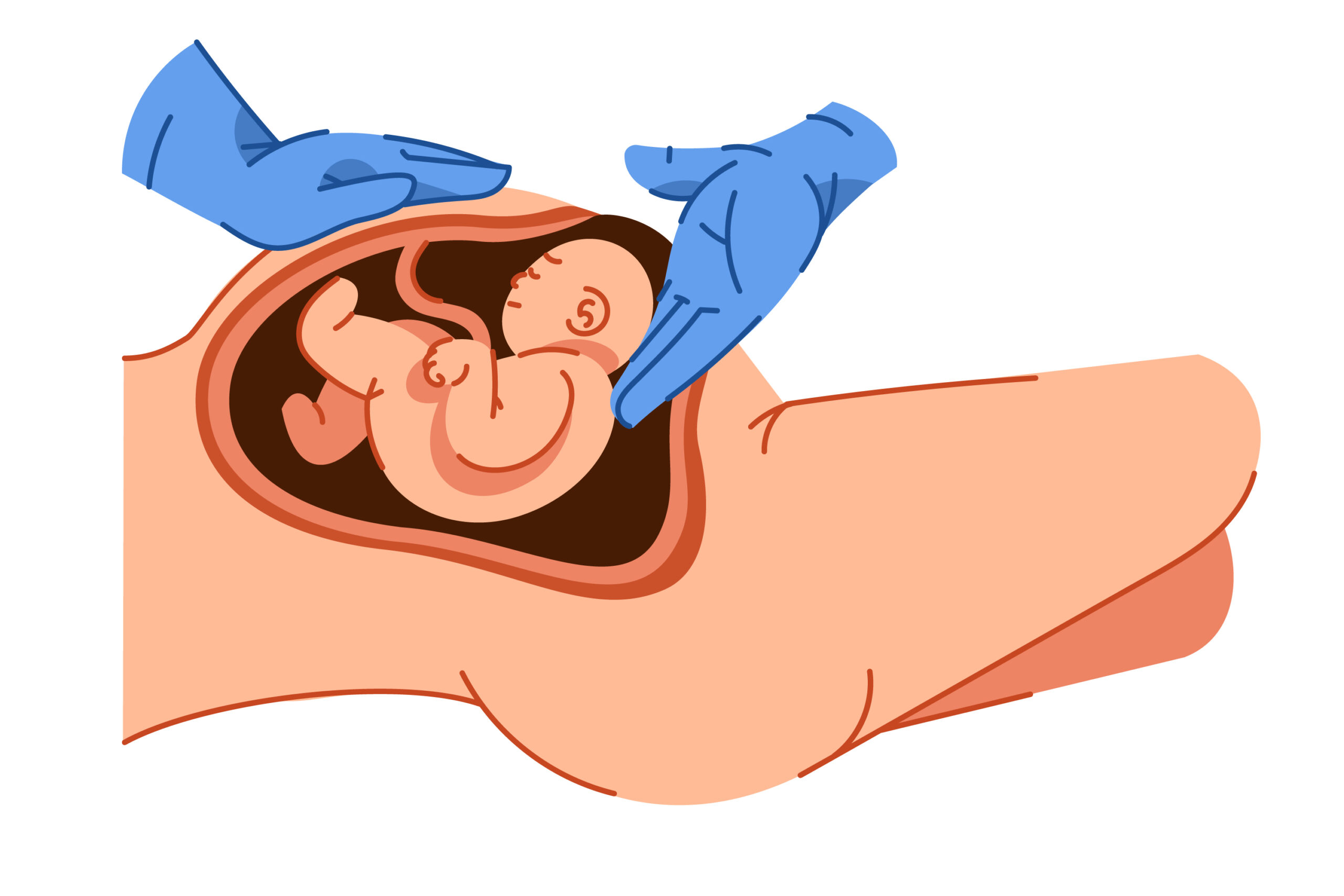Thyroid Health in Pregnancy: Why It’s Important for You and Your Baby
Pregnancy brings a lot of changes to your body, and one important but often overlooked part is your thyroid gland. This small, butterfly-shaped gland in your neck produces hormones that help regulate energy, metabolism, and growth. During pregnancy, it plays a big role in both your health and your baby’s development. The right balance of thyroid hormones ensures that your baby’s brain and nervous system develop properly, while also helping you feel more energetic and reducing the risk of pregnancy complications. However, many women don’t get their thyroid levels checked unless they already have a thyroid condition, which means potential issues can go unnoticed. Being proactive about your thyroid health can make a significant difference in how you feel during pregnancy and how well your baby grows.
Thyroid Health in Pregnancy: Why It’s Important for You and Your Baby Read More »










